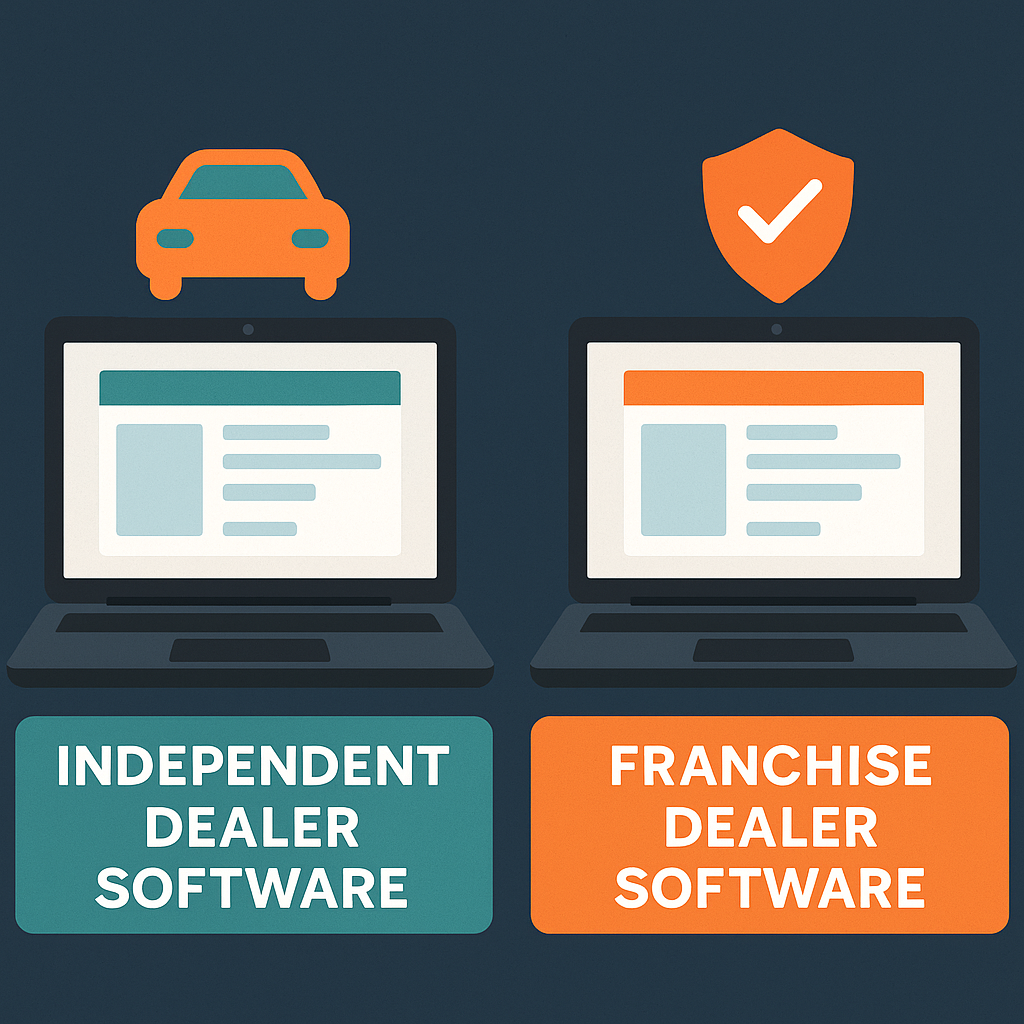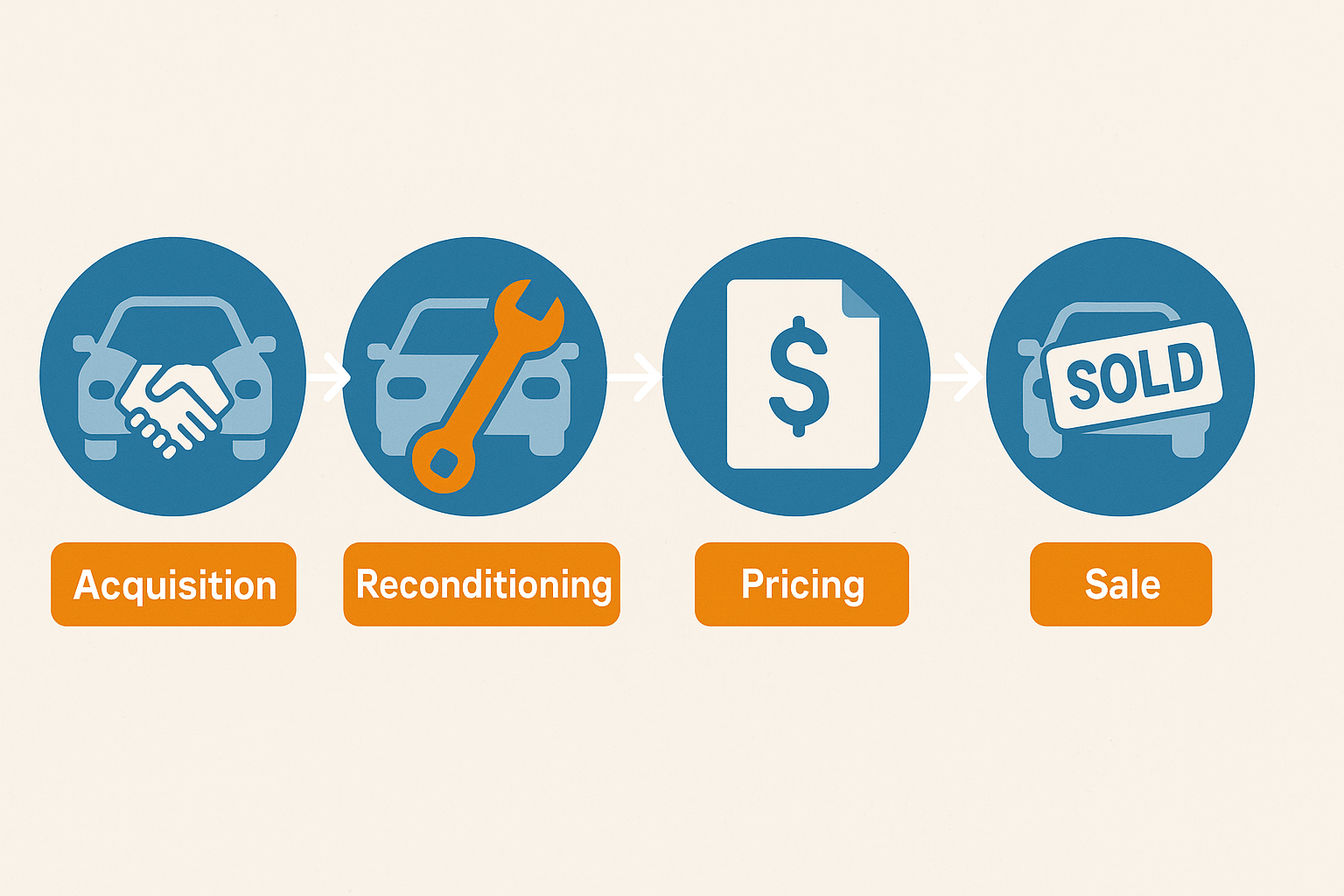For car dealers, setting the right price is essential to maintaining profitability. Two of the most commonly used vehicle valuation tools for car dealers are Black Book and Kelley Blue Book (KBB). While both offer important data, they serve different purposes and are tailored for distinct segments of the automotive industry. This article will explore the differences between Black Book and Kelley Blue Book, providing insights into when car dealers should use each.
What is Black Book?
Black Book is widely used by dealerships to determine the wholesale or trade-in value of a vehicle. It pulls from auction data, making it highly relevant for dealers who buy and sell cars in bulk or rely on trade-ins. Here’s why Black Book is so crucial:
- Auction Data: Black Book uses real-time auction data from across the country, providing dealers with up-to-date information on vehicle prices.
- Wholesale Values: If your dealership focuses on buying cars at auctions or trade-ins, Black Book gives you the most accurate data on what you should pay for a used car based on its condition, mileage, and demand.
- Trade-In Appraisals: Dealers rely on Black Book to set trade-in offers. The real-time auction data helps them make accurate assessments of what the car will likely sell for once it’s on the lot.
What is Kelley Blue Book?
Kelley Blue Book (KBB) has been a staple in the automotive world for decades. It’s a trusted resource for both consumers and dealerships alike, especially when it comes to setting retail prices.
- Consumer-Facing: KBB is commonly used by consumers to estimate the value of their vehicles before visiting a dealership. This means it can be a powerful tool for dealers to understand consumer expectations.
- Retail Pricing: Kelley Blue Book excels at helping dealers set competitive retail prices. Since it factors in both trade-in and private party values, it gives a well-rounded perspective on what buyers may be willing to pay.
- Brand Trust: Because KBB has been around for so long, it is often the first place a consumer will check before buying a car. As such, it can play a role in influencing customer expectations about vehicle pricing.
When Should Dealers Use Black Book?
Dealers should rely on Black Book when they need accurate, up-to-the-minute information on wholesale or trade-in values. This tool is especially useful when attending auctions or when purchasing cars from consumers who are trading in their vehicles. If your goal is to set an appropriate trade-in value or negotiate an auction purchase, Black Book is the go-to resource.
When Should Dealers Use Kelley Blue Book?
Kelley Blue Book should be your tool of choice when determining retail pricing. Because KBB has such a strong presence with consumers, it’s important for dealers to use its data to meet market expectations. KBB will help you ensure that you’re pricing your cars competitively in a way that attracts buyers while maintaining profitability.
Conclusion:
While both Black Book and Kelley Blue Book offer crucial data for car dealers, the use case for each is quite different. Black Book is tailored for dealers who need accurate trade-in and wholesale prices, while KBB is better for setting retail prices that align with consumer expectations. Understanding when to use each tool is essential to a successful dealership strategy.
How Carketa Integrates Kelley Blue Book to Level Up Dealer Operations
Carketa enhances the vehicle valuation process by integrating Kelley Blue Book (KBB) directly into its appraisal and inventory management platform. This integration allows dealers to access KBB’s trusted consumer-facing data while leveraging Carketa’s advanced market analytics. With KBB embedded into Carketa, dealers can instantly pull up accurate retail values that align with customer expectations, all within the same system they use to manage their entire inventory. By seamlessly incorporating KBB data, Carketa helps dealers set competitive retail prices that attract buyers while maintaining profitability. This ensures that they are not just reactive but proactive in meeting market demands. The integration also simplifies the appraisal process, giving dealers the ability to make real-time, data-driven decisions based on both wholesale and retail market trends. Not just on one but all within one platform, resulting in faster deals, more transparency, and ultimately, higher profits.
Explore related articles to learn more about software solutions for car dealerships:






